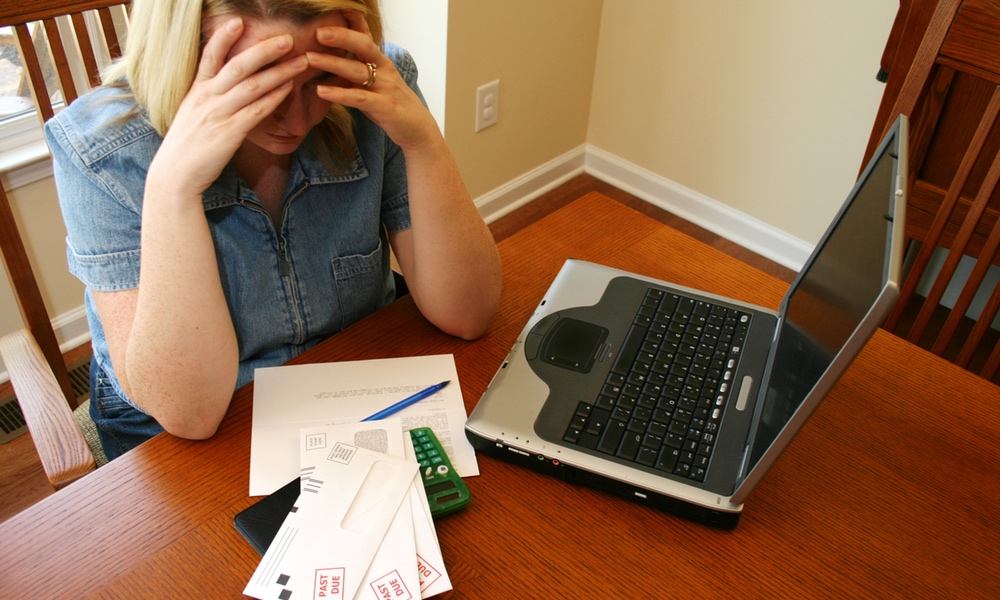How often have you gotten a medical bill that looks like you've been over-charged? Or one that you just can't afford? If either is the case, it pays to check it out.
There's a good chance if you call the billing office, the amount will be corrected or reduced, according to a new University of Southern California study.
That's good to know because more than half of U.S. adults say they've had medical debt in the past five years, reports a 2022 survey from KFF, a nonprofit group that researches health policy issues.
Too often the debt leads to disastrous financial consequences. In fact, 62 percent of bankruptcies are related to medical debt.“Current healthcare billing practices generally require patients to practice a lot of self-advocacy, and those who cannot self-advocate well are missing opportunities for financial relief.”
The latest study, which spanned the past five years, reports that about 1 in 5 people said they received a medical bill that they disagreed with or couldn't afford, but only 61.5 percent indicated that they contacted billing offices to address their concern. The study included 1,135 adults randomly selected from the “Understanding America Study at USC Dornsife's Center for Economic and Social Research.” For the most part, those folks who didn't call, said they thought it wouldn't make a difference.
Now we know better. “If there's a bill that you receive that doesn't look quite right or that you can't afford, pick up the phone and call the billing office,” declared lead study author Erin Duffey, director of research training at the USC Schaeffer Center for Health Policy and Economics, in a press release. “When people do, most get positive results.”
According to the results of the USC survey:
- Approximately 75 percent of those who complained about a billing error noted that the mistake was corrected.
- Among people who reached out about an unaffordable bill, 62 percent received a payment plan or price drop.
- Of those who wanted to negotiate, 76 percent got financial help or had their bill canceled.
Certain personalities are more likely to dispute their bill, Duffy said, particularly extroverts and people who tend to be more skeptical, competitive and opinionated.Sixty-two percent of bankruptcies are related to medical debt.
Let's say you received a bill that you feel is unfair or outright wrong. What's the best way to go about disputing it? According to the Consumer Financial Protection Bureau, a U.S. government agency, you should take these steps:
- Look at your medical bill closely to be sure the items are accurate and you received the treatments listed.
- Make sure the bill is yours and shows your correct name, insurance information and billing address.
- Ask your provider for a plain language explanation for items on medical bills that are unclear to you.
- If it gets to a collection agency, ask the debt collectors to verify the debt and provide you with information about the collector and the bill that's being collected.
You could also have protections through the No Surprises Act. If you don't have health insurance, or if you pay for services without using your insurance, your health care producer must first give you a “good faith” estimate of how much your treatment will cost. If the bill ends up being $400 or more above the estimate, its grounds for disputing the charge.
In any case, disputing a charge will likely involve determination. “Current healthcare billing practices generally require patients to practice a lot of self-advocacy, and those who cannot self-advocate well are missing opportunities for financial relief,” said Erin Trish, the study's co-author and Schaeffer Center co-director. “Simpler billing processes and more transparency about financial options could make the system work better for patients.”
The study is published in JAMA Health Forum.





